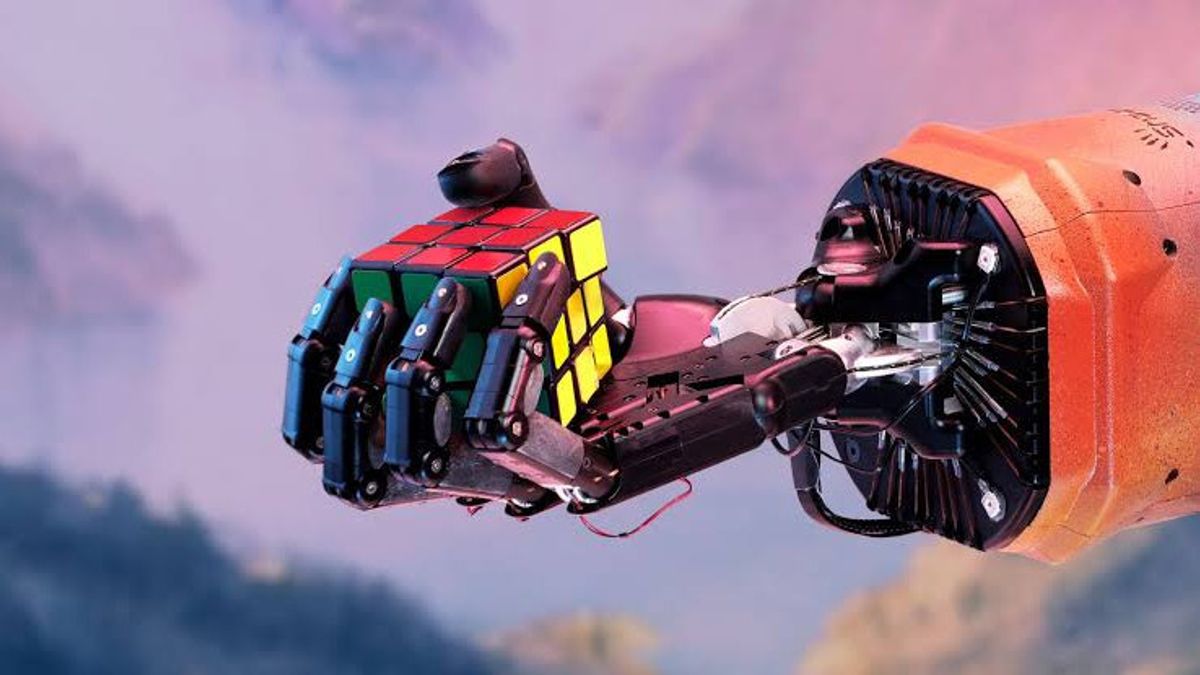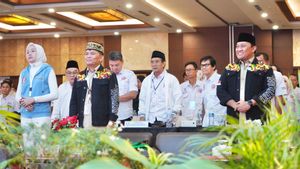JAKARTA - Artificial General Intelligence (AGI) is one of the most ambitious goals to be achieved by the ChatGPT developer, OpenAI. Recently, the company laid out how to overcome challenges and manage AGI.
Generally, AGI is like humans who often do everything. If AGI is successfully created, this technology can help humanity, such as accelerating the global economy, and assisting in the discovery of new scientific knowledge that changes the limits of possibility.
In addition, AGI can also perform all cognitive tasks, providing a powerful force multiplier for human ingenuity and creativity. Of course, AGI could have profound implications for the future of humanity.
"On the other hand, AGI also carries risks of serious abuse, drastic accidents, and social disruption. We want AGI to empower humanity to develop optimally in the universe," said OpenAI in its official blog post, quoted Monday, 27 February.
"In the face of this risk, we recognize that what seems right in theory often turns out to be stranger than one might expect in practice."
To counter that, OpenAI has outlined a few points that help its work at AGI, aimed at the short term. For example, deploying and learning from less powerful AI systems in the real world to gain experience and feedback.
Democratizing access to the benefits and governance of AI, developing new alignment techniques to ensure AI systems act according to human values and preferences, and empowering global institutions to agree on broad boundaries for AI use and regulation.
Finally, share information about AI progress with the public and seek input from various stakeholders. However, there will likely be other factors as well that will shape how the development of AGI impacts humanity.
SEE ALSO:
Those factors include a timeline (how long does it take to create an AGI), take-off velocity (how fast will the AGI upgrade itself), coordination (how well will the different actors cooperate or compete in AGI development), and safety (how well AGI will align with human goals).
OpenAI says the shorter timelines and slow takeoff speed will allow plenty of time to learn, adapt, and coordinate among governments, enterprises, and the general population as a whole.
This is to gradually understand what is happening and experience the positive and negative sides of technology.
The startup also warned about the fact things are unpredictable and that not even the company itself has all the answers and solutions to potential future problems, especially after AGI went mainstream.
Finally, in the long term, OpenAI wants a discussion about how to regulate this system, how to distribute benefits fairly, and how to share access fairly is a must.
The English, Chinese, Japanese, Arabic, and French versions are automatically generated by the AI. So there may still be inaccuracies in translating, please always see Indonesian as our main language. (system supported by DigitalSiber.id)


















